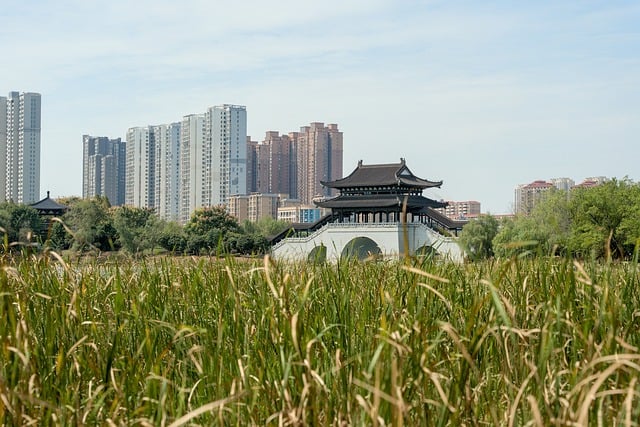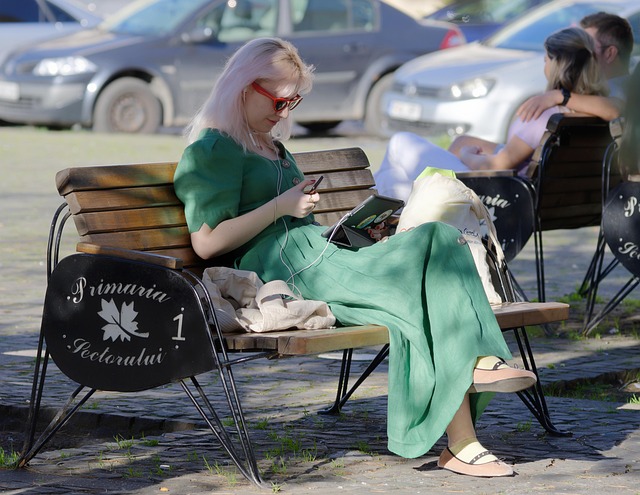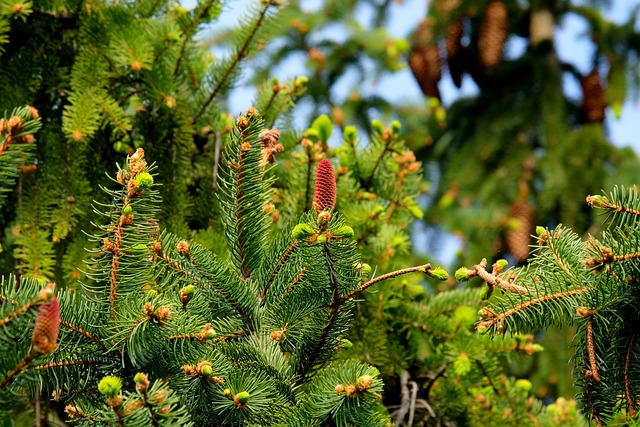In the heart of bustling cities, a silent revolution is taking place. Urban gardens are sprouting in backyards, balconies, and even rooftops, transforming concrete jungles into vibrant green sanctuaries. This movement is not just about beautifying our surroundings; it is about embracing a lifestyle rooted in nature, one that nurtures the environment and fosters a deeper connection to the earth.
The environment is facing unprecedented challenges, with urban areas often leading the charge in pollution and habitat loss. However, urban gardens offer a glimmer of hope. These green spaces serve as vital ecosystems, providing habitats for countless organisms and improving air quality. By planting flowers, vegetables, and herbs, we not only enrich our own lives but also create a haven for local wildlife, contributing to biodiversity in our urban landscapes.
Gardening in urban settings may seem daunting, especially with limited space. Yet, its appeal lies in its accessibility. Whether you have a small balcony or a community plot, the act of gardening empowers city dwellers. The thrill of watching seeds sprout into life is a reminder that nature has an incredible resilience. Engaging with your garden encourages mindfulness; the simple act of digging into the soil can ground you amidst the chaos of city life.
Beyond personal satisfaction, urban gardens play a critical role in promoting eco-friendliness. They help mitigate the urban heat island effect, reducing energy consumption needed for cooling buildings in sweltering summers. Rain gardens and green roofs absorb rainwater and lessen runoff, decreasing the burden on city drainage systems. By implementing sustainable gardening practices, we can grow our own food while minimizing our carbon footprint. Imagine the joy of plucking fresh tomatoes from your balcony or using homegrown herbs in your cooking—this is the essence of green living.
Moreover, urban gardens enhance community ties. Community gardens bring people together, breaking the isolation that often accompanies city life. They create spaces for social interaction, education, and collaboration. Neighbors come together to share gardening tips, celebrate harvest festivals, and foster friendships that blossom alongside their plants. In a world increasingly defined by digital connections, these physical spaces remind us of the beauty of communal experiences.
As we navigate our urban environments, it becomes increasingly important to prioritize nature in our lives. Urban gardens offer us an opportunity to reclaim our relationship with the earth, inviting us to reflect on our role in the ecosystem. By cultivating our green spaces, we not only enrich our own lives but also contribute positively to the environment. Together, we can harness the power of urban gardens to create greener, healthier, and more vibrant cities, ensuring a legacy of nature for generations to come.




